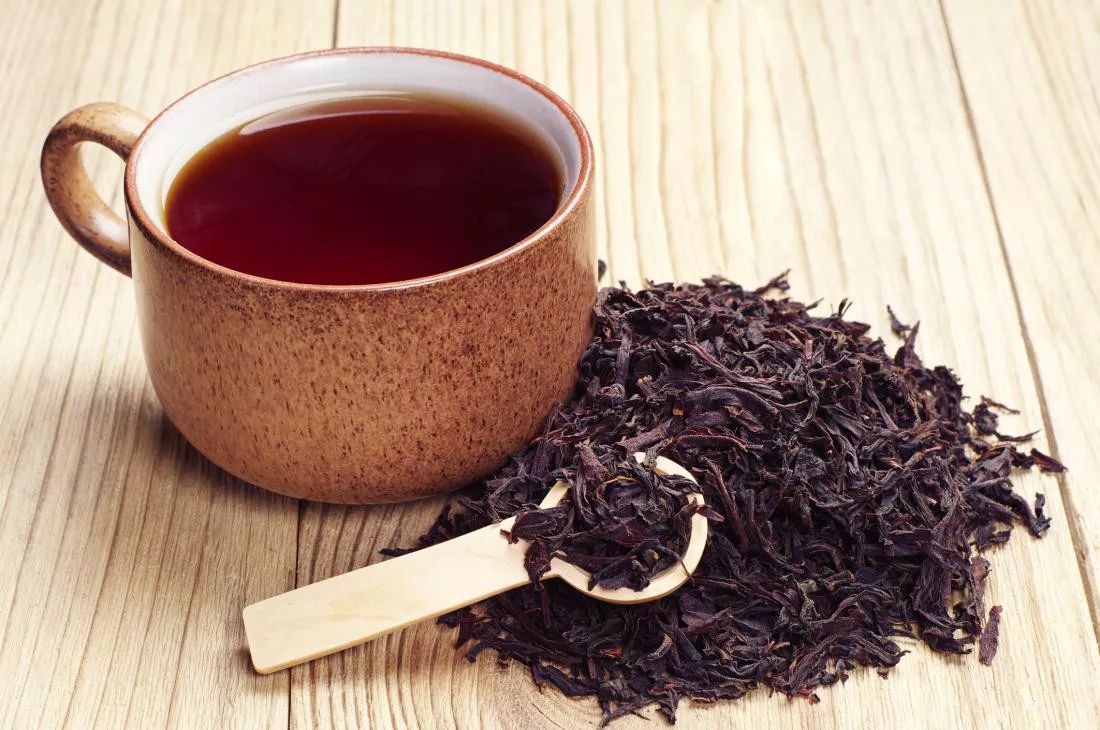A fascinating study from The University of Western Australia has unveiled that drinking black tea up to three times a day can play a significant role in managing blood pressure. This daily ritual might be more than just a soothing habit—it could be a crucial factor in reducing the risk of heart disease, which is closely associated with high blood pressure.
The study investigated the impact of black tea on blood pressure, a critical indicator that, when elevated, poses a risk for cardiovascular issues. Black tea, a staple in many cultures, has long been acknowledged for its potential health benefits, particularly concerning heart health.
This new research adds a valuable insight into the relationship between black tea and blood pressure, showing that regular consumption of the tea is linked with reductions in both systolic and diastolic blood pressure levels.
The research involved 95 Australian adults aged between 35 and 75. Participants were split into two groups: one consumed three cups of black tea daily, while the other drank a placebo mimicking the flavor and caffeine of black tea but containing no actual tea.
After a six-month period, results revealed that those who drank black tea experienced a modest but noteworthy decrease in their 24-hour average blood pressure levels, with reductions of 2 to 3 millimeters of mercury (mmHg) in both systolic and diastolic pressures. Systolic pressure refers to the force exerted on the arteries when the heart beats, while diastolic pressure measures the pressure in the arteries when the heart rests between beats.
While this study highlights black tea’s potential contribution to heart health, it also raises further questions about its mechanisms. Previous research has suggested that tea may improve blood vessel health, which could explain its positive effects on blood pressure.
This finding offers an easy and enjoyable way to potentially reduce the risk of heart disease. However, researchers caution that more studies are needed to fully understand how black tea affects blood pressure.
Jonathan Hodgson and his team, whose study is published in the Archives of Internal Medicine, suggest that incorporating regular tea breaks could be more than just a comforting habit—it might be a step toward better heart health.
For those concerned about high blood pressure, other approaches like early time-restricted eating and natural coconut sugar might also help manage blood pressure and artery stiffness. Additionally, a review of studies on tea consumption found that regular tea drinking lowered systolic blood pressure by 4.81 mm Hg and diastolic blood pressure by 1.98 mm Hg in people with hypertension. The benefits were even more pronounced with long-term tea consumption and were notably significant for men.
Combining daily black tea with lifestyle changes like stress management could further benefit those managing high blood pressure.









COMMENTS
Comments are moderated and generally will be posted if they are on-topic and not abusive.
For more information, please see our Comments FAQ